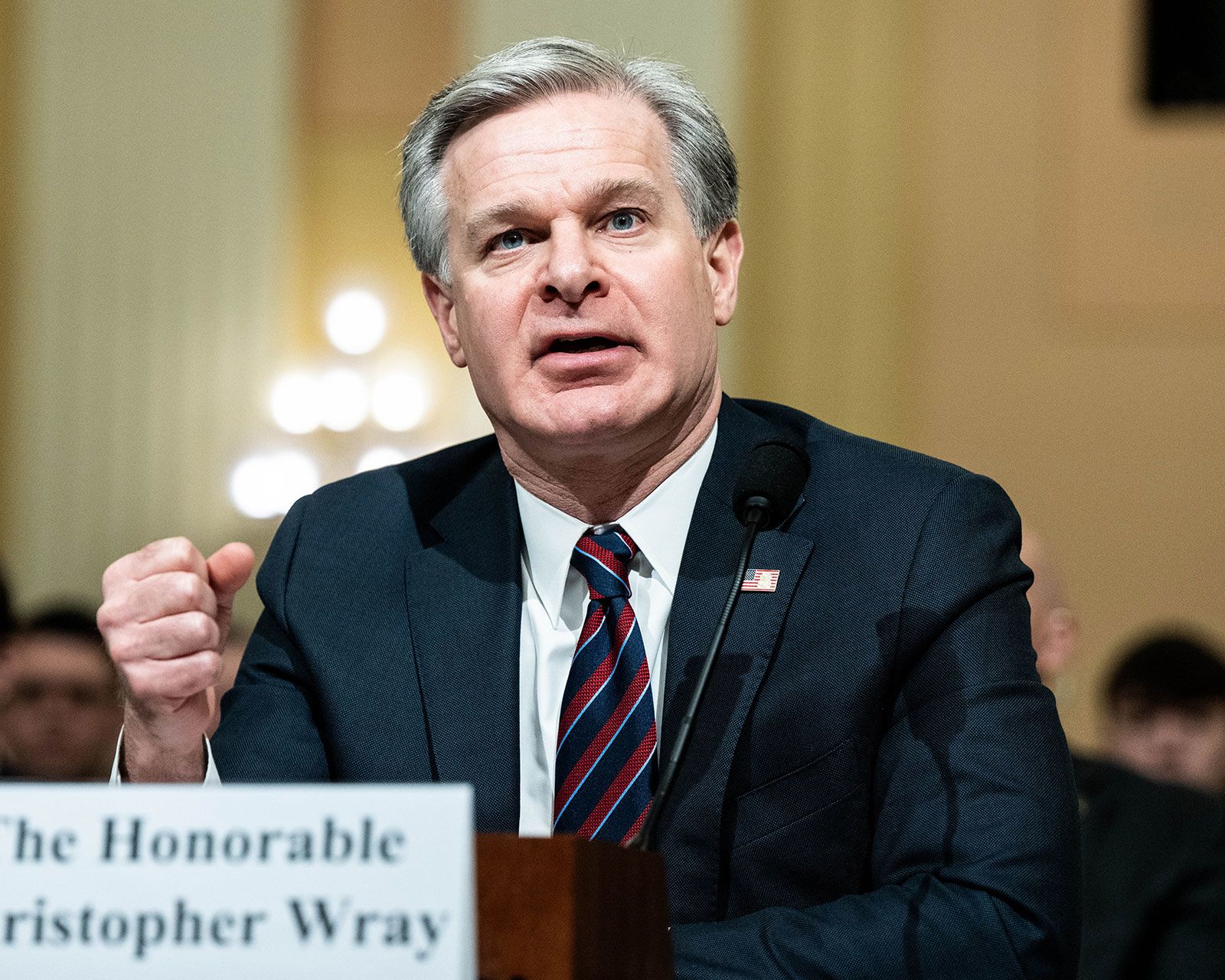In a startling revelation, FBI Director Christopher Wray highlighted the dual threat posed by China to the United States, shedding light on the escalating tensions between the two superpowers. Wray’s warning about China’s potential to disrupt US infrastructure and cause direct harm to Americans underscores the growing concerns about America’s new superpower adversary.
Experts suggest that Wray’s alarming assessment of the vulnerabilities of systems that underpin daily life reflects a growing issue – the interconnected nature of new transport, power, and energy networks that could mean a future cyberattack on a single node could paralyze the entire country.
According to Rick Geddes, director of Cornell University’s Infrastructure Policy Program, Wray’s statements about the threat and the resources the Chinese Communist Party is investing into this area relative to the United States were surprisingly clear and intense. Geddes suggested that Wray might have even downplayed the gravity of the issue, which raises significant concerns about potential threats to our critical infrastructure.
Wray’s congressional testimony painted a striking picture of China’s capacity to target America’s way of life with a hacking operation that surpasses all other nations combined. This raises the possibility that any conflict over Taiwan or territorial claims in the South China Sea that involves the US could spread far beyond its epicenter on the other side of the globe.
Wray also used the hearing before the House select committee on the Chinese Communist Party to cast doubt on Xi’s promise that China wouldn’t interfere in the election. His response, and the issue of potential cyberattacks, is likely to become an issue in the election itself as GOP candidates, especially ex-President Donald Trump, criticize Biden’s handling of the world’s most crucial diplomatic relationship and promise a harder line with Xi.
The top Democrat on the committee, Rep. Raja Krishnamoorthi of Illinois, called on the government to act to prevent “political, economic and social chaos” in the event of an attack. He cited a need to hunt and destroy malware and malicious code that China was inserting into critical US infrastructure, and to take steps to spell out how the US would deter such action.
Before the hearing, Wray announced that the bureau and its partners had shut down an operation by a state-sponsored Chinese hacking group known as Volt Typhoon, which involved malware that allowed China to penetrate communications, energy transport and water sectors, and he called on Congress to help disrupt future violations of US systems.
The problem is exacerbated by the interconnected nature of much of modern infrastructure. Geddes said that a “quiet infrastructure revolution” had taken place in the US, powered by small start-up companies whose systems were being adopted across US systems. This level of integration actually makes the country more vulnerable than it would have been.
This reality gives an already sweeping Chinese hacking capability even greater power and scope.

